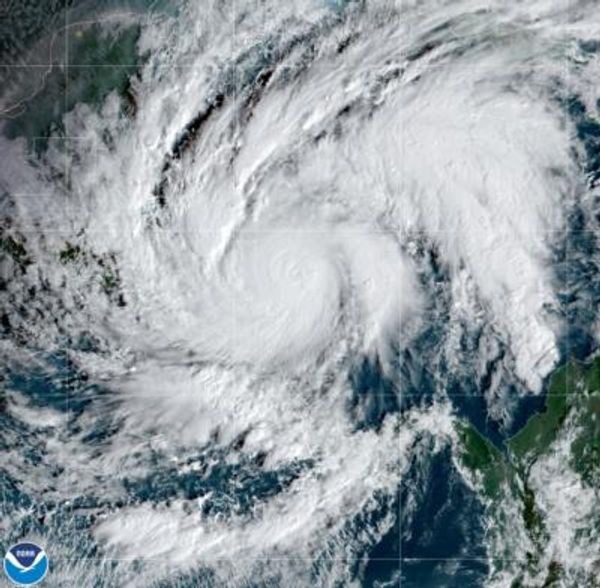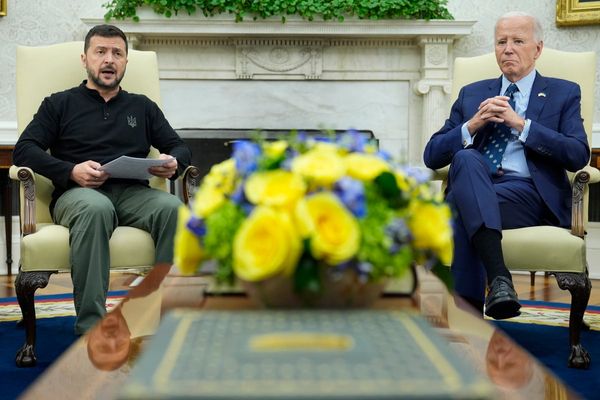The European Union has increased restrictions against Russia with the eighth round of sanctions introduced at the end of last week. The latest constraints came in response to Russia escalating its invasion of Ukraine, its illegal annexation of Ukrainian territories following sham referendum votes and its threats of nuclear force.
The newest sanction package introduces $6.79 billion (converted from euros) of import bans and export restrictions on Russia, which the EU says "will further deprive the Kremlin's military and industrial complex of key components and technologies." The moves also aim to deprive "the Russian army and its suppliers from further specific goods and equipment needed to wage its war on Ukrainian territory."
The sanctions tightened prohibitions on crypto assets and transactions. Now, the EU is banning all crypto-asset wallets, accounts and custody services. Previously, up to $9,701 in cryptocurrencies were allowed in wallets and accounts.
Other banned services include IT consultancy, legal advisory, architecture and engineering services. "These are significant as they will potentially weaken Russia's industrial capacity because it is highly dependent on importing these services," the EU wrote in its release.
Crypto Companies Impose Restrictions
Following the new sanctions, crypto firms began to restrict operations in Russia. NFT creator Dapper Labs, behind some of the biggest collections including NBA Top Shot, suspended purchases, sales, transfers and withdrawals for accounts connected to Russia. But Dapper stopped short of closing accounts and will allow affected users to access and view their NFTs.
Crypto exchanges, including Coinbase and Binance, began blocking Russian accounts targeted by sanctions back in April and May. But they stopped short of blanket bans on the country.
You can follow Harrison Miller for more stock news and updates on Twitter @IBD_Harrison







